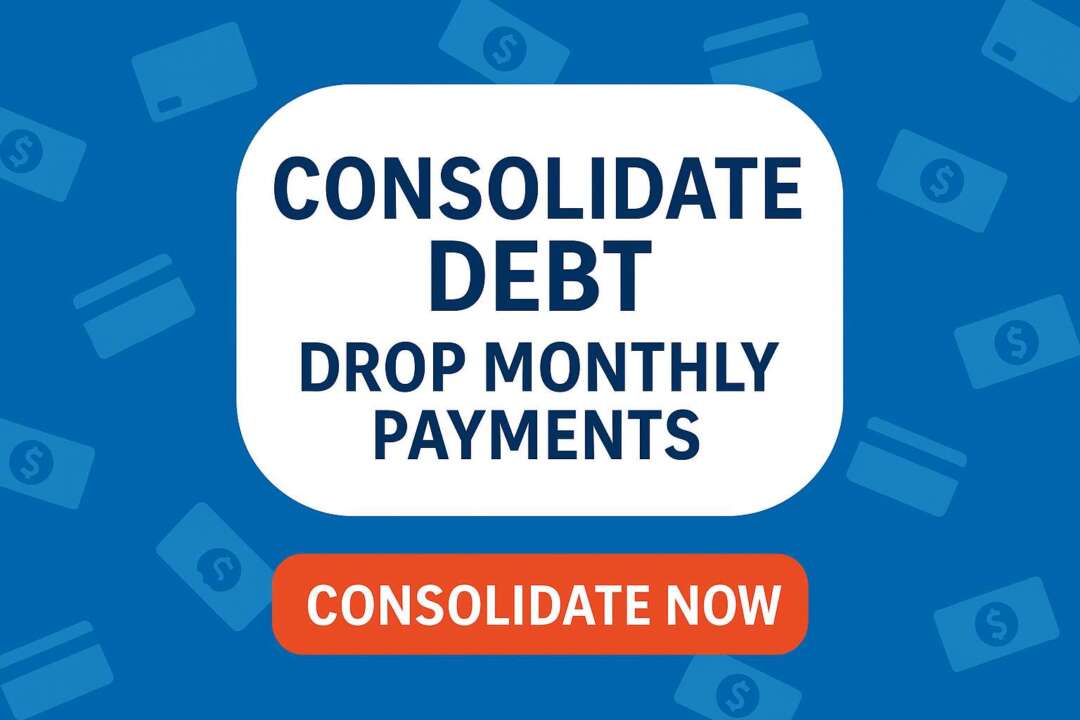Behavioral psychology and personal finance
This is the second article in our behavioral psychology series by Jonathan Walker, Co-Author of Anchors, Ostriches, and a HotPair of Scissors: Navigating Human Behavior as a Financial Professional. In this series Jonathan will help you understand how your brain deals with personal finances. Understanding these principles will help you manage your money and possibly avoid common but costly mistakes. Here is the full series:
- How to recruit your brain to help with better personal finances
- When being hot can hurt your personal finances
- How doing nothing can blow up your personal finances
- How to use mental accounting to improve your personal finances
- How too many choices can ruin your personal finances
- How anchoring can hurt your personal finances
- How an ostrich can destroy your personal finances
When being hot can hurt your personal finances
The principle of hot states in behavioral psychology refers to emotional and impulsive mental states that strongly influence decision-making. If you are in a “hot state,” short-term gratification and immediate desires drive your decisions rather than long-term consequences. Hot states can lead to irrational and impulsive choices, especially when emotions are heightened.
Being aware of when you are in a hot state can help you recognize emotional triggers, implement cooling-off periods, seek objective input, and practice emotional regulation techniques to make more rational decisions, particularly in the realm of personal finances.
Being more aware of the idea of “hot states” and what your triggers are can affect our financial choices.
Recognizing emotional triggers
Awareness of hot states helps us identify emotional triggers that can lead to impulsive financial decisions. For example, when we’re feeling stressed, anxious, or euphoric, we may be more prone to making impulsive purchases or taking unnecessary financial risks. By recognizing these triggers, we can take a step back, evaluate our decisions more objectively, and avoid hasty actions that may have negative financial consequences.
Implementing cooling-off periods
In hot states, our decision-making tends to be driven by immediate gratification and short-term emotions. By implementing cooling-off periods, we can introduce a delay between the impulse to make a financial decision and actually acting on it. This pause allows us to regain rationality and consider the long-term implications of our choices. For instance, before making a significant purchase, give yourself 24 hours or a few days to reflect on whether it aligns with your financial goals and priorities.
Making preemptive plans
Knowing that hot states can impair our judgment, we can make preemptive plans to guide our financial decisions in advance. Setting clear financial goals, creating budgets, and establishing automatic savings or investment plans help mitigate the influence of hot states. By having predetermined guidelines and systems in place, we can make more consistent and disciplined financial choices, even when our emotions are running high.
Seeking objective input
When in a hot state, it can be challenging to assess our financial decisions objectively. In such situations, seeking input from trusted individuals or financial professionals can provide a fresh perspective. They can offer insights, ask critical questions, and challenge our emotional biases. Their objective input can help us consider alternative viewpoints and make more rational decisions, even when we’re in a heated emotional state.
Practicing emotional regulation techniques
Developing emotional regulation techniques can be beneficial in managing hot states. Techniques such as deep breathing, meditation, or engaging in activities that help calm our emotions can help us regain a state of clarity and rationality. By incorporating these practices into our daily lives, we can enhance our ability to make sound financial decisions, regardless of the emotional context.
Utilizing digital tools and reminders
Technology offers various tools and apps that can assist in managing hot states and impulsive financial behavior. For instance, budgeting apps can send notifications and reminders to stay on track with financial goals, while spending trackers can provide real-time feedback on our spending patterns. These digital tools serve as constant reminders and nudges to help us stay mindful of our financial decisions, especially during emotionally charged moments.
By being aware of the influence of hot states on our financial decision-making, we can take proactive steps to mitigate their impact. Recognizing emotional triggers, implementing cooling-off periods, making preemptive plans, seeking objective input, practicing emotional regulation, and utilizing digital tools can all contribute to making more rational and informed financial choices, even when emotions run high.





























